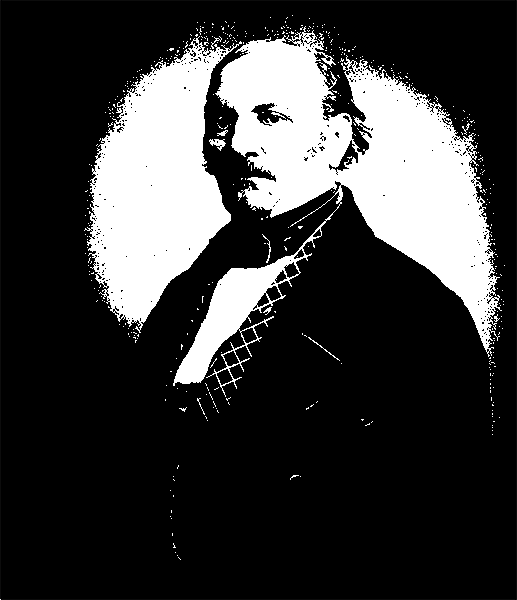Kardec's systematic approach culminated in a series of published works that are considered the cornerstone of Spiritism. His most influential book,
"The Spirits' Book" (Le Livre des Esprits), was published in 1857. In this work, Kardec presented a series of questions and answers, purportedly provided by spirits through
mediums, addressing fundamental questions about life, death, the afterlife, and the nature of the spirit world.
"The Spirits' Book" established the core beliefs and principles of Spiritism, including:
• The existence of a spirit world and the capacity for spirits to communicate with the living.
• The belief in reincarnation and the evolution of the soul.
• The moral and ethical development of individuals in their earthly lives.
• The idea of continuous progress in the spirit world.
This book marked the codification of Spiritism, providing a structured philosophy that distinguished it from other
spiritualist movements of the time.


